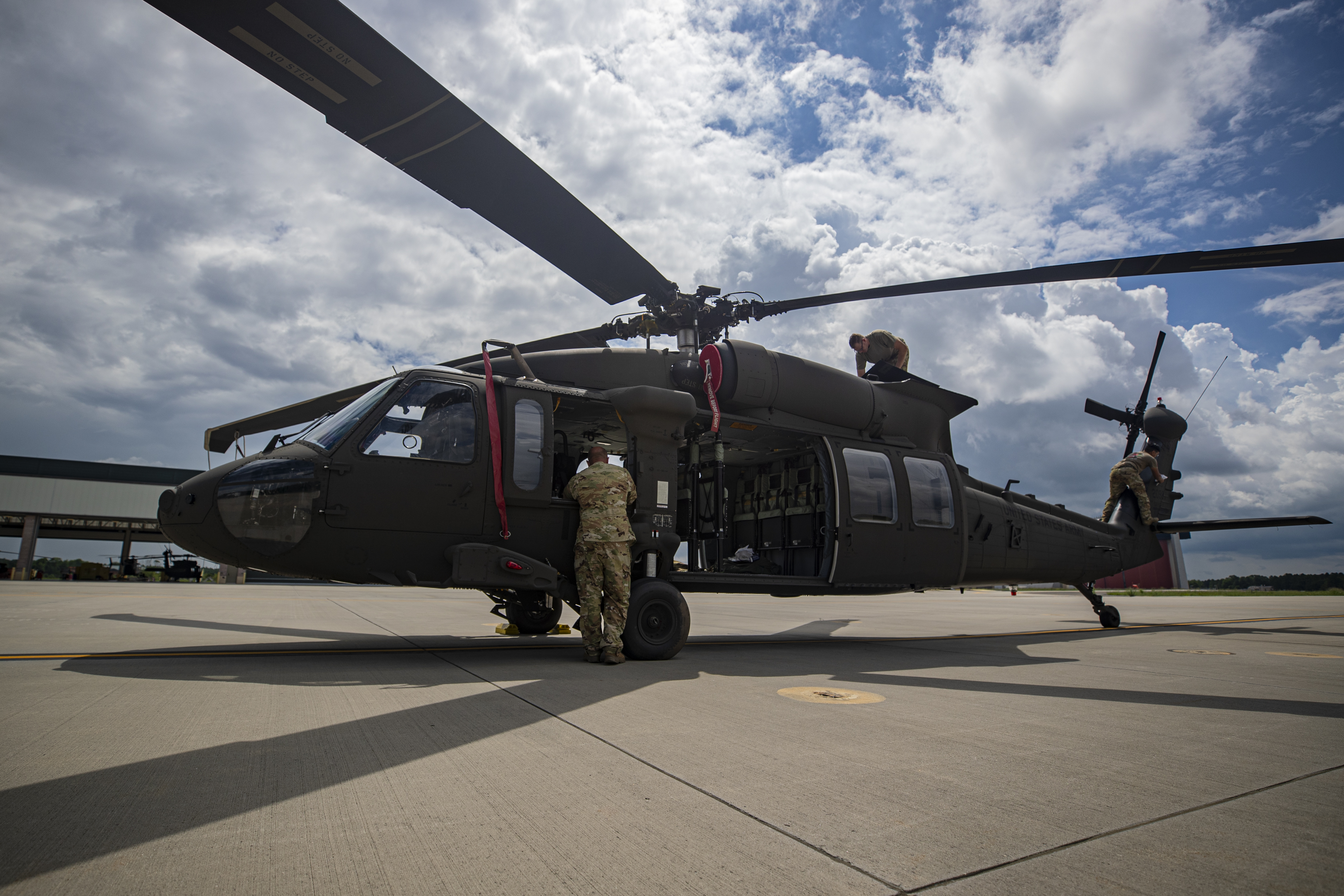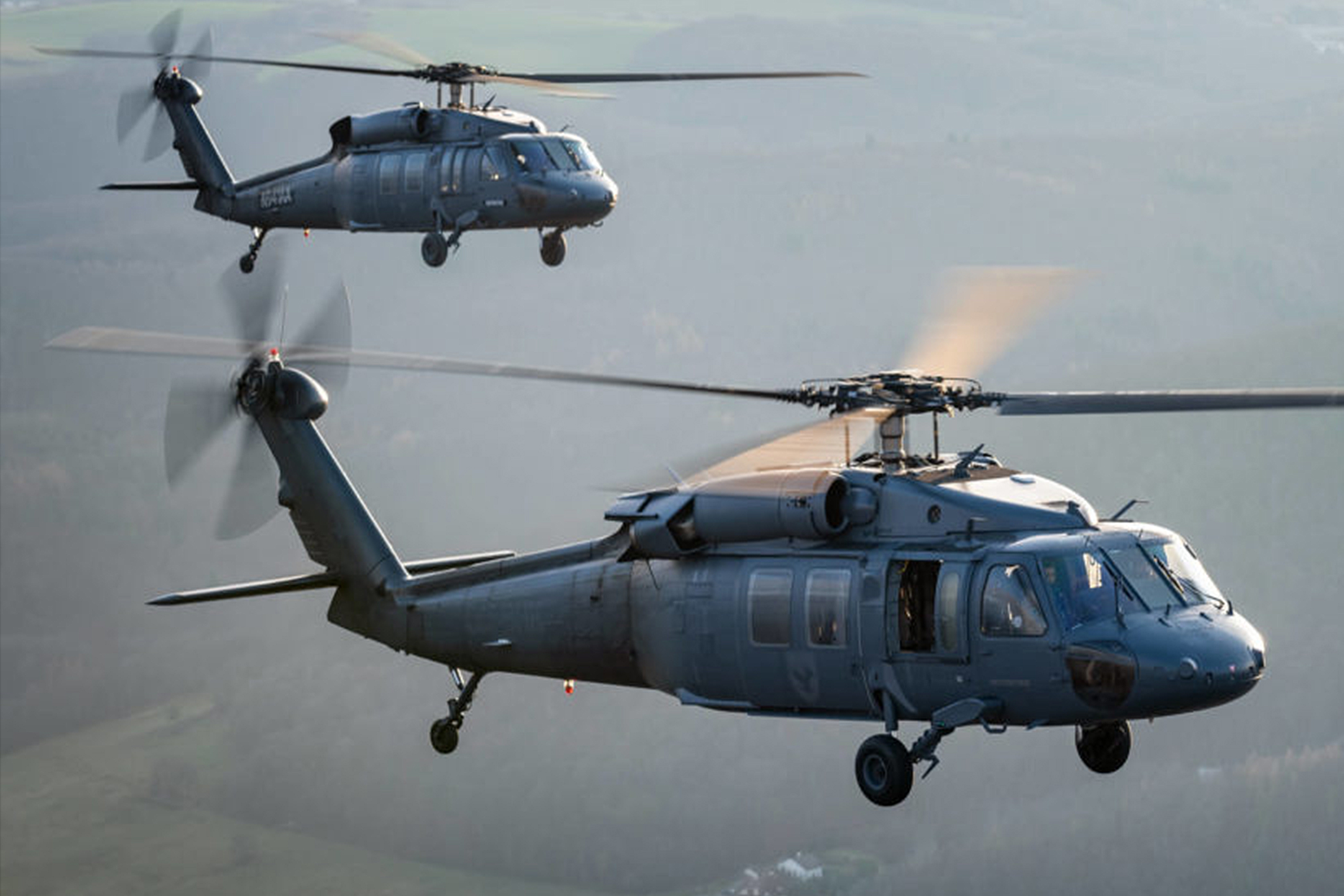UH 60 Black Hawk: Trick Attributes and Developments
UH 60 Black Hawk: Trick Attributes and Developments
Blog Article
The Impact of Lasting Practices on the Future of Airplane Operations and Emissions Decrease
As the aeronautics industry faces boosting scrutiny over its environmental impact, the adoption of sustainable methods emerges as a crucial pathway toward future aircraft procedures and exhausts decrease. Advancements in sustainable air travel gas and developments in hybrid propulsion innovations stand at the leading edge of this change, encouraging significant reductions in greenhouse gas emissions.

Summary of Lasting Practices
Sustainable practices in airplane procedures include a series of approaches focused on reducing environmental effect while preserving operational efficiency. These practices are essential in the aviation market's dedication to lessening its carbon footprint and adhering to worldwide environmental requirements. Key campaigns consist of maximizing trip paths to minimize fuel consumption, enhancing upkeep protocols to guarantee aircraft operate at peak performance, and executing innovative innovations such as winglets and light-weight products that improve aerodynamics.

Involving and training personnel on sustainability methods likewise play a crucial duty, promoting a culture of ecological responsibility within companies. Generally, the combination of these sustainable methods not only helps in reducing discharges but additionally boosts the lasting stability of the aviation field, ensuring it satisfies the demands of both customers and regulatory bodies while adding to worldwide sustainability objectives.
Ingenious Gas Alternatives
Numerous cutting-edge fuel alternatives are emerging as crucial remedies to reduce the air travel industry's reliance on traditional fossil fuels. Amongst these alternatives, Lasting Air travel Fuels (SAFs) have actually obtained substantial attention as a result of their prospective to lower lifecycle greenhouse gas discharges by approximately 80% contrasted to conventional jet fuels. SAFs are originated from numerous feedstocks, including waste oils, farming deposits, and even algae, making them a flexible alternative for the industry.
One more encouraging choice is hydrogen fuel, which, when used in fuel cells, generates just water vapor as a by-product. In addition, electrical propulsion systems are being explored, leveraging battery innovation to power airplane.
Finally, biofuels derived from biomass are being investigated, providing a sustainable option that can be combined with standard gas. Jointly, these ingenious fuel alternatives stand for an important step towards accomplishing a sustainable aviation community, aligning with international emissions reduction targets and boosting the market's environmental stewardship.
Technological Improvements in Aeronautics

How can technical improvements reshape the future of aeronautics? Technologies such as hybrid and electric propulsion systems are see this page at the leading edge, appealing substantial reductions in gas consumption and greenhouse gas discharges.
In addition, the application of innovative materials, such as lightweight composites, adds to boosted the rules of aerodynamics and fuel performance. Using expert system and artificial intelligence in trip operations maximizes path preparation and minimizes gas shed by making it possible for real-time adjustments based on weather condition and website traffic conditions. Furthermore, the development of self-governing and from another location piloted airplane systems stands to reinvent cargo and guest transportation, potentially raising performance while reducing human error.
Furthermore, lasting aviation modern technologies, including sophisticated air web traffic administration systems, can streamline operations and reduce congestion, resulting in lower exhausts during trip. These innovations collectively stand for a paradigm shift in aeronautics, promising a future where sustainability and operational effectiveness are linked, consequently supporting the sector's dedication to minimizing its environmental impact.

Governing Framework and Conformity
Taking into account the expanding focus on environmental stewardship within the aviation sector, the regulative framework governing airplane operations is progressing to promote sustainable practices. Regulative bodies, such as the International Civil Aviation Organization (ICAO) and various national aeronautics authorities, are presenting strict standards focused on minimizing emissions and enhancing functional performance.
These guidelines commonly consist of the adoption of Sustainable Aeronautics Gas (SAF), which has been acknowledged as a crucial element in achieving reduced carbon impacts. Compliance with these policies calls for airlines to carry out functional methods and innovative technologies, such as optimized flight courses and improved air website traffic management, to lessen gas intake.
Furthermore, the enforcement of discharges trading schemes and carbon offsetting efforts is becoming increasingly prevalent, compelling airlines to keep track of and report their exhausts precisely. Non-compliance can result in substantial charges, hence pressing drivers to prioritize sustainability in their organization designs.
Inevitably, the evolving governing landscape not only drives innovation and financial investment in environment-friendly innovations however additionally fosters a society of responsibility within the aeronautics market. As these structures remain to establish, the concentrate on lasting practices will be essential to achieving the useful source field's lasting environmental goals.
Future Patterns in Airplane Procedures
As the aviation market adapts to a progressively stringent governing atmosphere, future patterns in aircraft operations are established to concentrate on ingenious services that additionally improve sustainability and effectiveness - uh 60. Trick developments will likely consist of the fostering of innovative why not check here air traffic management systems, which utilize real-time information and expert system to enhance flight paths, reducing fuel consumption and exhausts
One more substantial trend is the boosted combination of sustainable air travel fuels (SAFs) These options to standard jet fuel, originated from renewable resources, can substantially decrease lifecycle greenhouse gas emissions. The industry's dedication to SAFs will likely accelerate as airline companies work together with gas producers to ensure schedule and cost-effectiveness.
Additionally, the push in the direction of electrification and crossbreed propulsion systems is gaining momentum. Arising airplane layouts will incorporate these technologies, offering quieter and extra effective procedures, specifically for short-haul trips.
Final Thought
The fostering of sustainable aviation fuels, coupled with improvements in hybrid and electrical propulsion systems, is important for lessening lifecycle greenhouse gas emissions. Enhancing flight paths and embracing innovative innovations add to a quieter and a lot more environmentally friendly air travel field.
Technologies in lasting aviation fuels and improvements in crossbreed propulsion technologies stand at the forefront of this makeover, encouraging considerable decreases in greenhouse gas discharges.Countless ingenious gas choices are emerging as critical services to reduce the aviation sector's reliance on typical fossil fuels - uh 60. Amongst these choices, Lasting Aviation Fuels (SAFs) have acquired considerable focus due to their potential to reduce lifecycle greenhouse gas exhausts by up to 80% compared to traditional jet gas.An additional considerable fad is the enhanced combination of sustainable air travel fuels (SAFs) The adoption of lasting aviation fuels, coupled with developments in hybrid and electric propulsion systems, is necessary for lessening lifecycle greenhouse gas emissions
Report this page